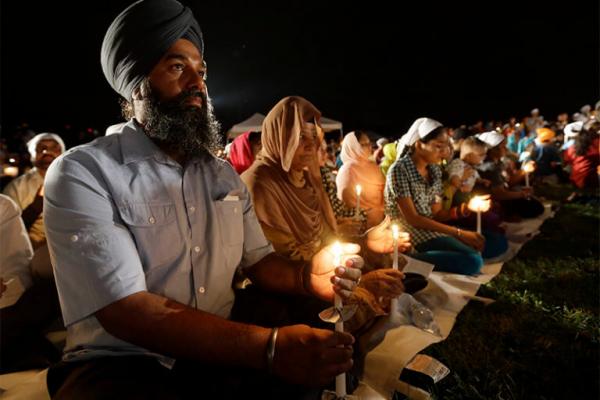Aug 2, 2017
A neo-Nazi had walked into a gurdwara — or Sikh temple — in Oak Creek, Wis., and gone on a rampage, fatally shooting six worshippers and wounding several others, including a police officer. To this day, the attack on the Oak Creek gurdwara remains one of the deadliest acts of violence on an American house of worship in our nation’s history.
Read the Full Article

Already a subscriber? Login
